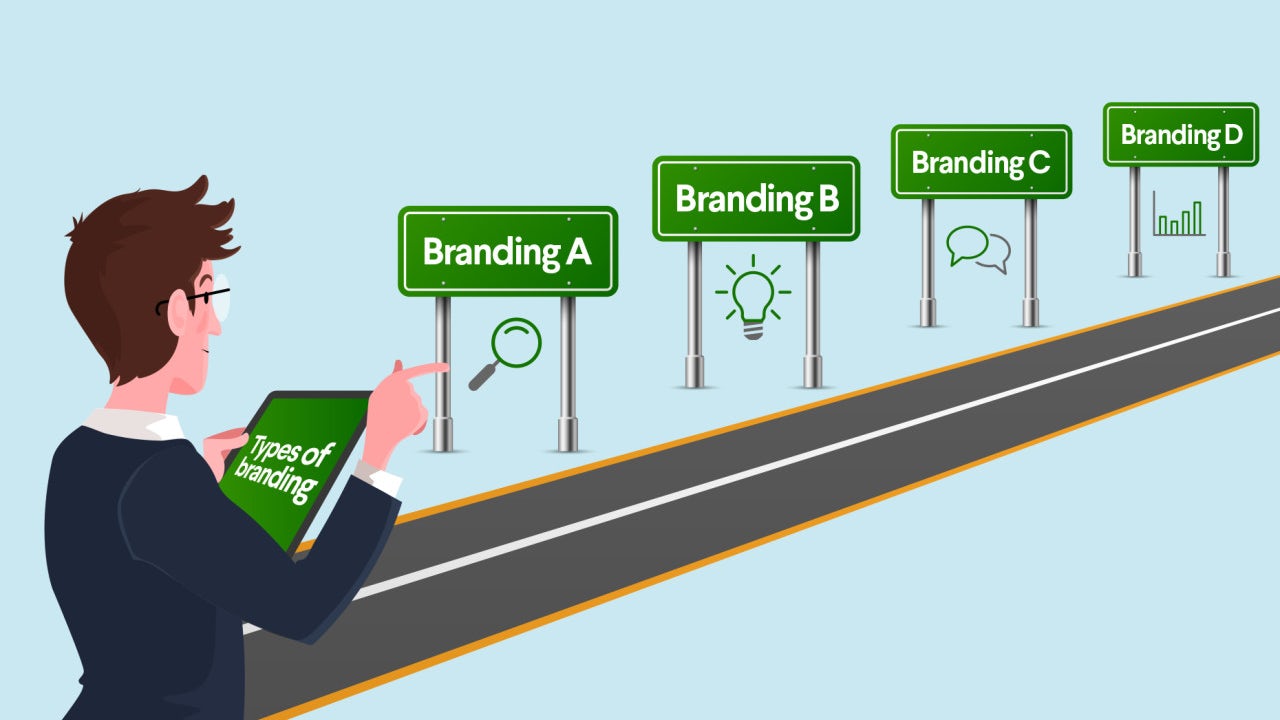Using your own name to brand your business may appear a simple solution, but in the long term, it’s a much more difficult way to create a recognised and respected, stand out brand.
What about Lorna Jane, Donald Trump or Coco Channel?
Of course it has been done and there are well known name based brands, but what may seem an easy way out at first, could create a rod for your own back.
The human brain ‘sees’ brands with emotion and attaches these to a memory in order to recognise and recall a brand when the need arises.
Having your name on your business could disenfranchise the very people you are trying to attract.
Donald Trump creates an emotion of wealth and power… but what has that done for his business brand, especially in the political arena?
Lorna Jane creates an emotion of vibrant fitness, one which alienates women who aren’t a particular shape and size.
Celebrity Chef Pete Evans healthy brand emotion, now seems to be quite frankly, a bit nuts.
As for Coco Channel, the brand emotion is chic and classy… but then, that wasn’t actually her real name.
It’s easy to use your own name because it saves you having to come up with something else, making branding a no-brainer.
But your brand still needs to generate an emotional reaction in order to stand out and become memorable for the right reasons.
Do you know what you want to be memorable for?
Because if you brand using your name, your personal reputation is on the line.
Benjamin Franklin once said:
“It takes many good deeds to build a good reputation and just one bad one to lose it”.
The biggest risk you run when you brand with your name, is that every public and private move affects your brand.
When a company stuffs up, personal brands like Richard Branson or Gary Vaynerchuk are responsible for the reputation of their businesses, but they focus on building the brand culture rather than on promoting their own name over that of their brand.




